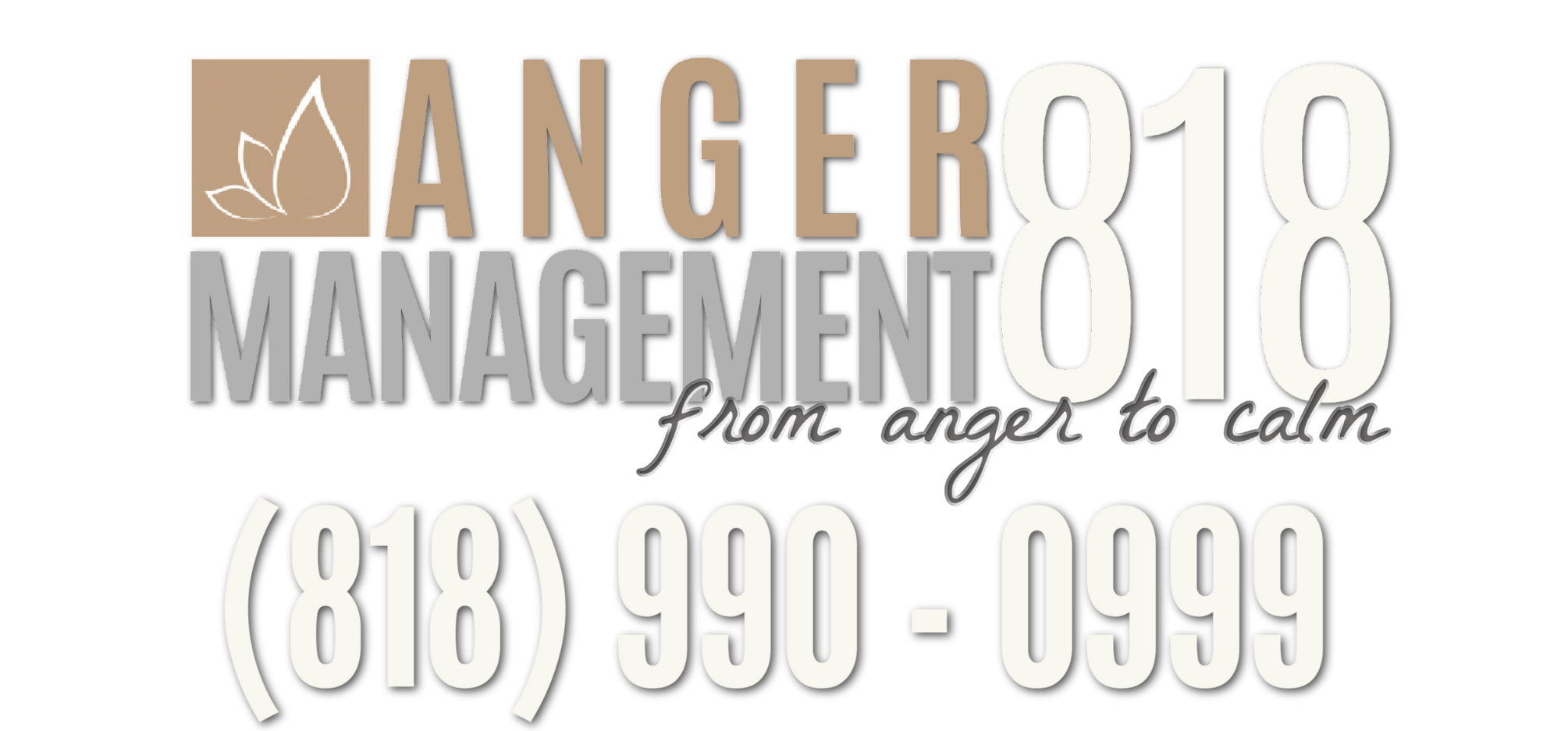Addiction is a chronic, relapsing, brain disease. Addiction is not a choice. Addiction to substances, such as drugs and alcohol, is devastating to the addict and to those around them. Addiction, in any form, robs its victim of the opportunity to learn healthy and productive coping skills and serves as a means to suppress emotions. Addiction is not the result of weak will power. Addiction is a regressive disease. People who suffer from addiction end up with an immature and inappropriate response to their emotions. This is why treating addiction is often a slippery slope and a sensitive topic. Rehab is probably the best place for an addict to face their disease, although this can be a difficult thing to arrange. However, with something a bit different like couples rehab, where couples affected by addiction can face their issues as partners, the rehab experience can be made much more rewarding. It may be worth recommending this form of rehab to anybody that has had their relationship affected by the troubles of addiction.
Individuals who have a history of substance abuse are vulnerable to experiencing anger in the early stages of recovery. When an individual is active in addiction their emotions become blunted and suppressed. When the substance abuse stops, a flood of emotions may surface, ones that someone will need addiction therapist training to help handle. The individual is now able to experience feelings and often the feeling of anger is prominent. People who are suffering from substance abuse or who are new in recovery struggle to cope with the physical and mental effects of using substances. Irritability, pain, and feeling jittery are early emotions that surface in abundance. Those that are potentially faced with a close one struggling with substance addiction, it can be extremely beneficial to look into something such as this Austin drug testing company, firstly to understand what substances the person is addicted to, and second to help the addict come to terms with the issues they will be facing in the future. Addiction is no easy feat to overcome, which is why help from health services, friends, and family should be offered as soon as possible in efforts to start an early recovery plan.
Substance abuse can have devastating consequences for those it affects. However, it is important to remember that support is out there. For example, some people find that attending a rehabilitation facility can make it easier to recover from drug addiction. One drug that can contribute significantly to anger issues is methamphetamine. Consequently, many healthcare providers carry out a meth drug test to determine if methamphetamines are responsible for the symptoms that a patient is presenting. By accurately detecting amphetamines in the body of the patient, doctors, nurses, and other caregivers can provide appropriate treatments to protects their patients.
Anger is an inevitable emotion that is present early on in recovery from substance abuse. Anger is an emotion, which people experience when they perceive situations to be out of their control. Anger often serves as a protector against feeling deeper emotions such as shame, disappointment, or worthlessness, and anger can be difficult to express early in recovery. Anger is only an emotion; it is neither good nor bad. Anger can be expressed in constructive or destructive ways. When a person is new to recovery from substance abuse, their anger is often expressed in destructive ways. Aggressive behavior is the acting out of anger in a destructive manner.
When anger is not processed in constructive ways, it builds up and will be acted out in destructive behaviors, such as domestic violence, child abuse, fighting or verbal abuse. When anger is extreme or chronic, it tends to lead to unproductive interactions. Anger can also be turned inward and can easily manifest into depression.
Learning how to express anger and other underlying emotions in a constructive and assertive manner is essential to recovery. Without learning these skills, an individual is vulnerable to relapse. Anger Management 818 provides individuals with an environment that promotes the freedom to learn and practice new anger management skills. Anger Management 818 Counselors are equipped to help individuals learn constructive ways of expressing their anger in order to assist participants in developing healthy coping skills to manage their anger and other underlying emotions.
Two of our Anger Management therapists are specialists in working with individuals dealing with anger and addiction.
Bryan Hall, in addition to being a Certified Anger Management Counselor, has written his thesis on addictions and has extensive experience working with clients dealing with addiction issues. With an achievement of 30 years of sobriety, Bryan works well with participants dealing with anger and addiction.
Anita Avedian specializes in addictions and anger. She helps clients work through their issues of anger and substance abuse. Executive Coaching is an excellent forum to customize a program for dealing with issues surrounding anger and substance abuse.
